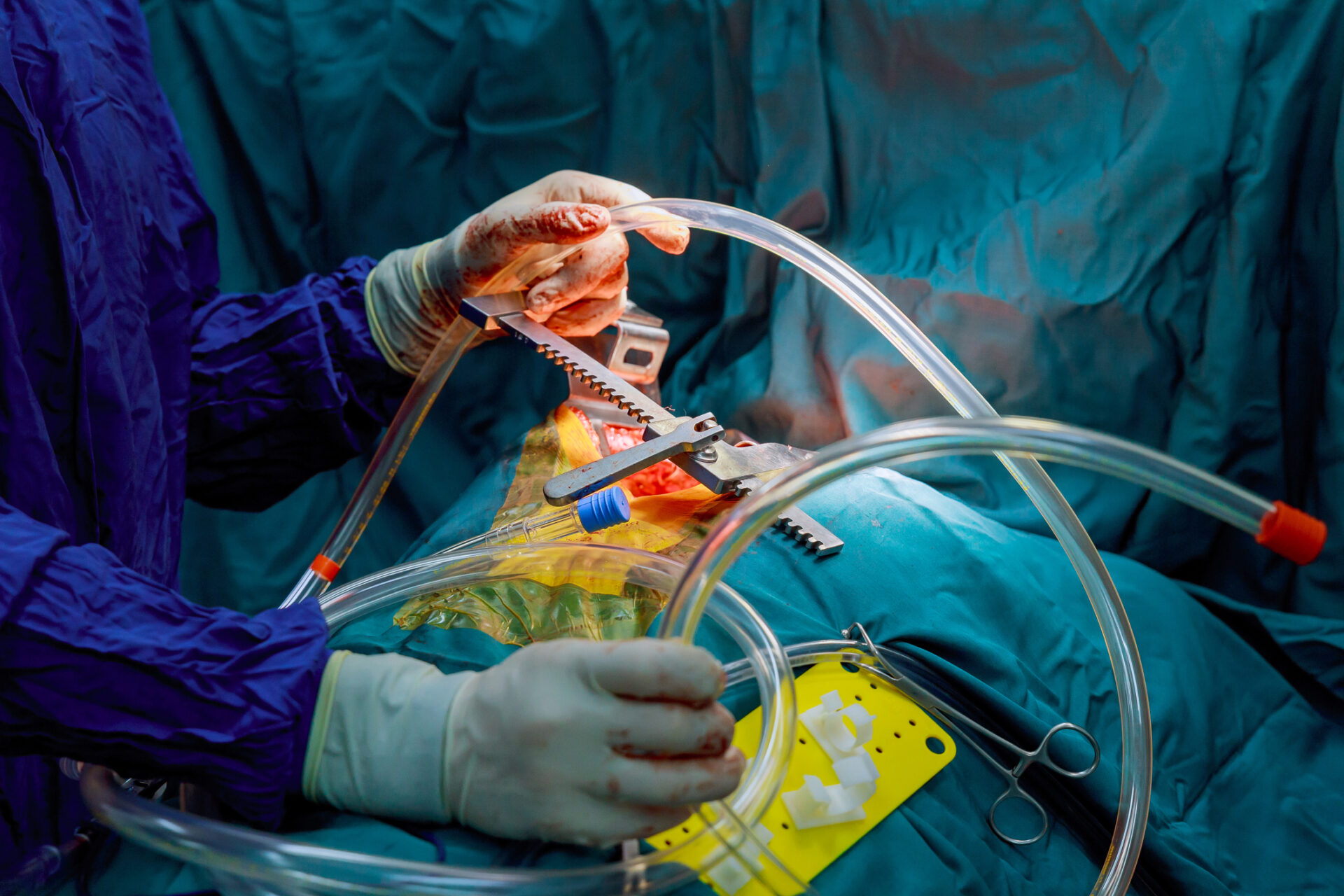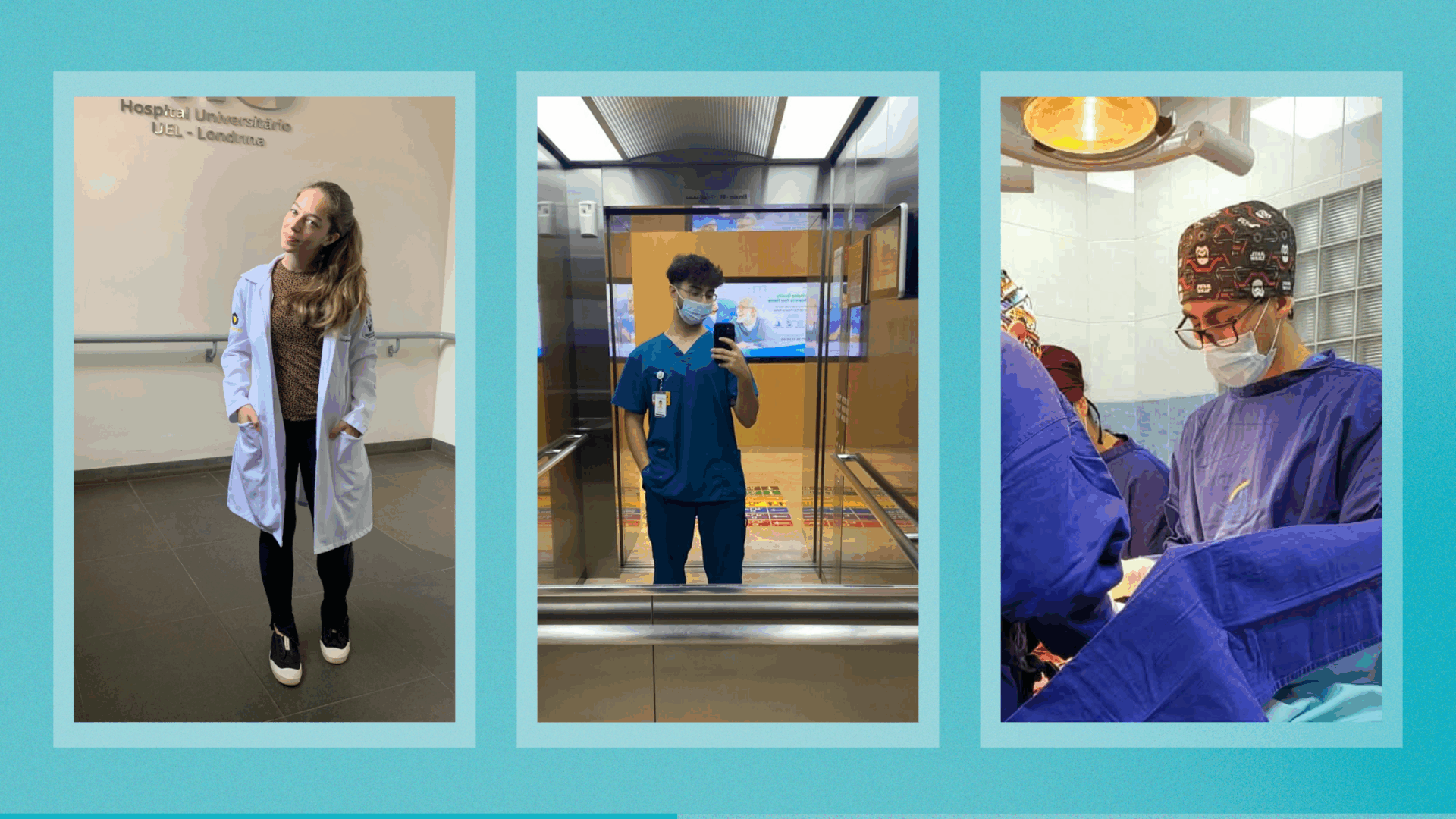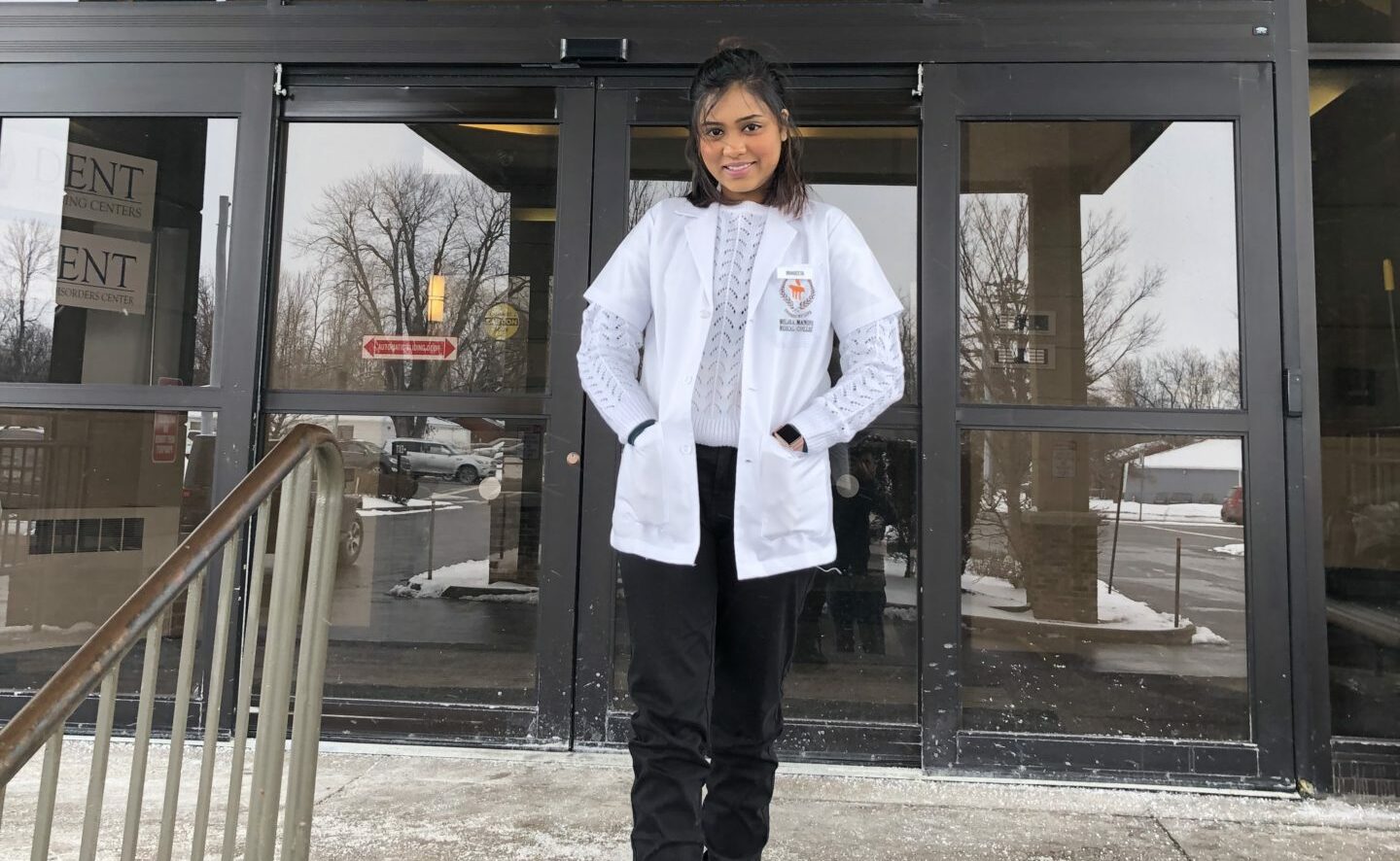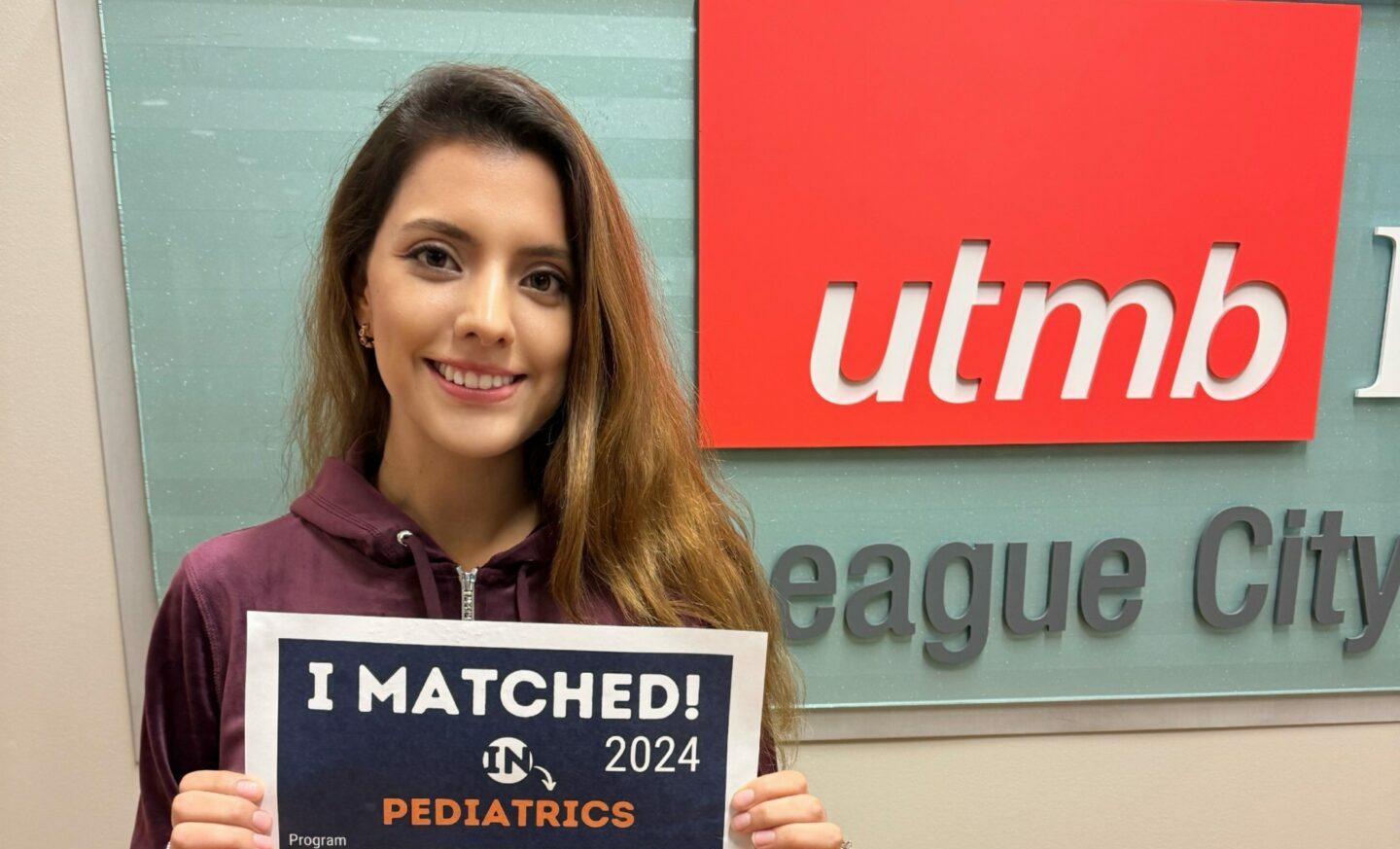Thoracic and cardiac surgery combines cardiology and vascular surgery training to provide care for all issues related to the chest (or thoracic) cavity. This includes organs related to the heart and lungs. Because of this, cardiothoracic surgeons work closely with cardiology and pulmonary departments. Cardiothoracic surgeons perform a number of surgeries, including angioplasty, stent placement, pacemakers and ICDs, and more.
Learn more about becoming a cardiothoracic surgeon and what practicing as one is like in our Specialty Spotlight.
Education and Training
The traditional pathway to becoming a cardiothoracic surgeon begins with three-to-five years of residency in general surgery. This is followed by another three or more years of training in cardiothoracic surgery. However, each residency program may have different pathways that either streamline a resident’s cardiothoracic training or incorporate it into their general surgery curriculum.
Each of these pathways may shorten or extend a trainee’s residency timeline. The average residency timeline for cardiothoracic surgeons is 8.3 years. If you know you want to become a cardiothoracic surgeon before applying to residency, it is a good idea to do research on different residency programs and the cardiothoracic surgery pathways they offer.
Practicing in Cardiothoracic Surgery
There is a shortage of cardiothoracic surgeons in the United States, which creates both demand and opportunity for the current generation of medical students and trainees. Between 2010 and 2018, the number of cardiothoracic surgeons in the U.S. per 100,000 residents dropped 12 percent. That same study found that 50 percent of all cardiothoracic surgeons in rural areas are over the age of 65. The increasing age of current cardiothoracic surgeons, combined with the longer residency timeline, makes overcoming this shortage difficult and pressing.
The good news is that, at $505,600 per year, cardiothoracic surgeons don’t just earn more than the average physician’s salary, but are among the highest-paid physicians.
Interested in earning clinical experience in cardiothoracic surgery? Explore opportunities through AMO, or email an AMO Advisor at advisors@amopportunities.org







Leave A Comment